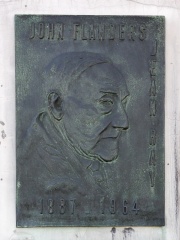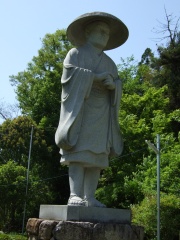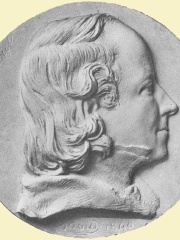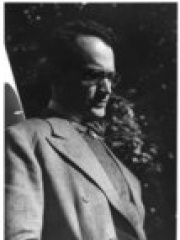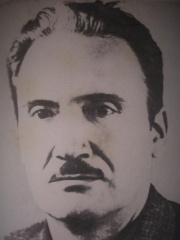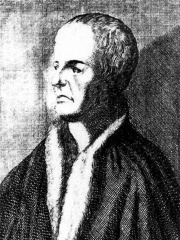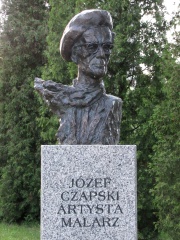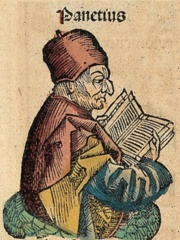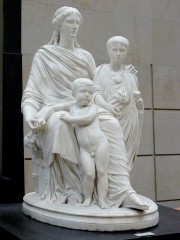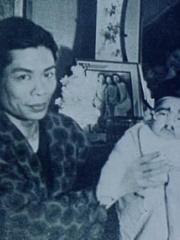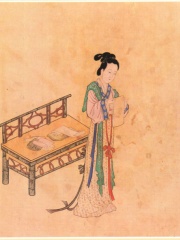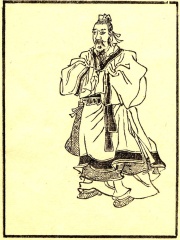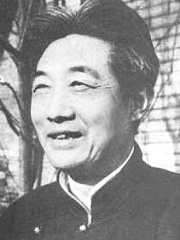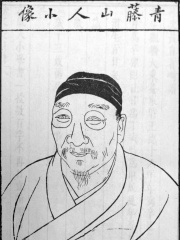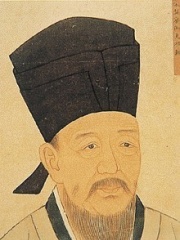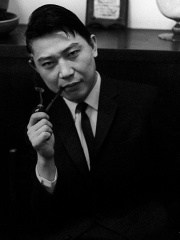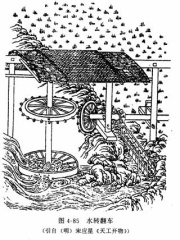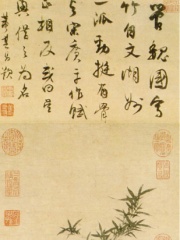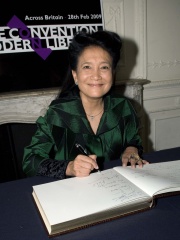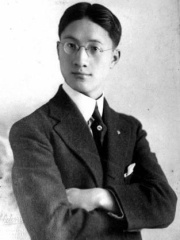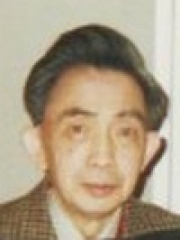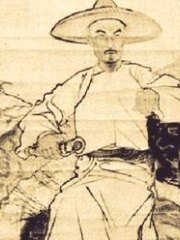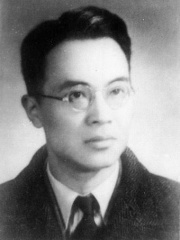Writer
Sima Tan
165 BC - 110 BC
EN.WIKIPEDIA PAGE VIEWS (PV)

 Sima Tan
Sima Tan
His biography is available in 19 different languages on Wikipedia (up from 18 in 2024). Sima Tan is the 2,696th most popular writer (down from 2,608th in 2024), the 670th most popular biography from China (down from 667th in 2019) and the 73rd most popular Chinese Writer.
Memorability Metrics
Page views of Sima Tan by language
Among Writers
Among writers, Sima Tan ranks 2,696 out of 7,302. Before him are Jean Ray, Ennin, Eugène Burnouf, Patrick Pearse, Sāyaṇa, and Valentin Kataev. After him are Peter Bichsel, Varian Fry, José María Arguedas, Yrsa Sigurðardóttir, Johann Froben, and Józef Czapski.
Most Popular Writers in Wikipedia
Go to all RankingsJean Ray
1887 - 1964
HPI: 61.19
Rank: 2,690
Ennin
793 - 864
HPI: 61.19
Rank: 2,691
Eugène Burnouf
1801 - 1852
HPI: 61.19
Rank: 2,692
Patrick Pearse
1879 - 1916
HPI: 61.19
Rank: 2,693
Sāyaṇa
1400 - 1387
HPI: 61.19
Rank: 2,694
Valentin Kataev
1897 - 1986
HPI: 61.18
Rank: 2,695
Sima Tan
165 BC - 110 BC
HPI: 61.17
Rank: 2,696
Peter Bichsel
1935 - 2025
HPI: 61.17
Rank: 2,697
Varian Fry
1907 - 1967
HPI: 61.17
Rank: 2,698
José María Arguedas
1911 - 1969
HPI: 61.16
Rank: 2,699
Yrsa Sigurðardóttir
1963 - Present
HPI: 61.16
Rank: 2,700
Johann Froben
1460 - 1527
HPI: 61.16
Rank: 2,701
Józef Czapski
1896 - 1993
HPI: 61.16
Rank: 2,702
Contemporaries
Among people born in 165 BC, Sima Tan ranks 1. Among people deceased in 110 BC, Sima Tan ranks 5. Before him are Apollodorus of Athens, Panaetius, Cornelia, mother of the Gracchi, and Clitomachus.
Others Born in 165 BC
Go to all RankingsOthers Deceased in 110 BC
Go to all RankingsApollodorus of Athens
PHILOSOPHER
180 BC - 110 BC
HPI: 78.45
Rank: 1
Panaetius
PHILOSOPHER
185 BC - 110 BC
HPI: 71.45
Rank: 2
Cornelia, mother of the Gracchi
WRITER
189 BC - 110 BC
HPI: 70.29
Rank: 3
Clitomachus
PHILOSOPHER
187 BC - 110 BC
HPI: 65.41
Rank: 4
Sima Tan
WRITER
165 BC - 110 BC
HPI: 61.17
Rank: 5
In China
Among people born in China, Sima Tan ranks 670 out of NaN. Before him are Han Suyin (1917), Lee Hoi-chuen (1901), Faye Wong (1969), Xue Tao (768), Li Ling (-150), and Guo Pu (276). After him are Xu Beihong (1895), Leizu (null), Xu Wei (1521), Cheng Hao (1032), Salchak Toka (1901), and Fou Ts'ong (1934).
Others born in China
Go to all RankingsHan Suyin
WRITER
1917 - 2012
HPI: 61.34
Rank: 664
Lee Hoi-chuen
ACTOR
1901 - 1965
HPI: 61.31
Rank: 665
Faye Wong
ACTOR
1969 - Present
HPI: 61.27
Rank: 666
Xue Tao
WRITER
768 - Present
HPI: 61.24
Rank: 667
Li Ling
MILITARY PERSONNEL
150 BC - 73 BC
HPI: 61.24
Rank: 668
Guo Pu
HISTORIAN
276 - 324
HPI: 61.24
Rank: 669
Sima Tan
WRITER
165 BC - 110 BC
HPI: 61.17
Rank: 670
Xu Beihong
PAINTER
1895 - 1953
HPI: 61.17
Rank: 671
Leizu
BIOLOGIST
HPI: 61.12
Rank: 672
Xu Wei
PAINTER
1521 - 1593
HPI: 61.07
Rank: 673
Cheng Hao
PHILOSOPHER
1032 - 1085
HPI: 61.07
Rank: 674
Salchak Toka
POLITICIAN
1901 - 1973
HPI: 61.07
Rank: 675
Fou Ts'ong
MUSICIAN
1934 - 2020
HPI: 61.06
Rank: 676
Among Writers In China
Among writers born in China, Sima Tan ranks 73. Before him are Song Yingxing (1587), Luo Yixiu (1889), Guan Daosheng (1262), Jung Chang (1952), Han Suyin (1917), and Xue Tao (768). After him are Xu Zhimo (1897), François Cheng (1929), Wu Jingzi (1701), Consort Ban (-48), Can Xue (1953), and Qian Zhongshu (1910).
Song Yingxing
1587 - 1666
HPI: 61.62
Rank: 67
Luo Yixiu
1889 - 1910
HPI: 61.51
Rank: 68
Guan Daosheng
1262 - 1319
HPI: 61.48
Rank: 69
Jung Chang
1952 - Present
HPI: 61.47
Rank: 70
Han Suyin
1917 - 2012
HPI: 61.34
Rank: 71
Xue Tao
768 - Present
HPI: 61.24
Rank: 72
Sima Tan
165 BC - 110 BC
HPI: 61.17
Rank: 73
Xu Zhimo
1897 - 1931
HPI: 60.77
Rank: 74
François Cheng
1929 - Present
HPI: 60.71
Rank: 75
Wu Jingzi
1701 - 1754
HPI: 60.23
Rank: 76
Consort Ban
48 BC - 6 BC
HPI: 60.17
Rank: 77
Can Xue
1953 - Present
HPI: 60.12
Rank: 78
Qian Zhongshu
1910 - 1998
HPI: 59.75
Rank: 79
